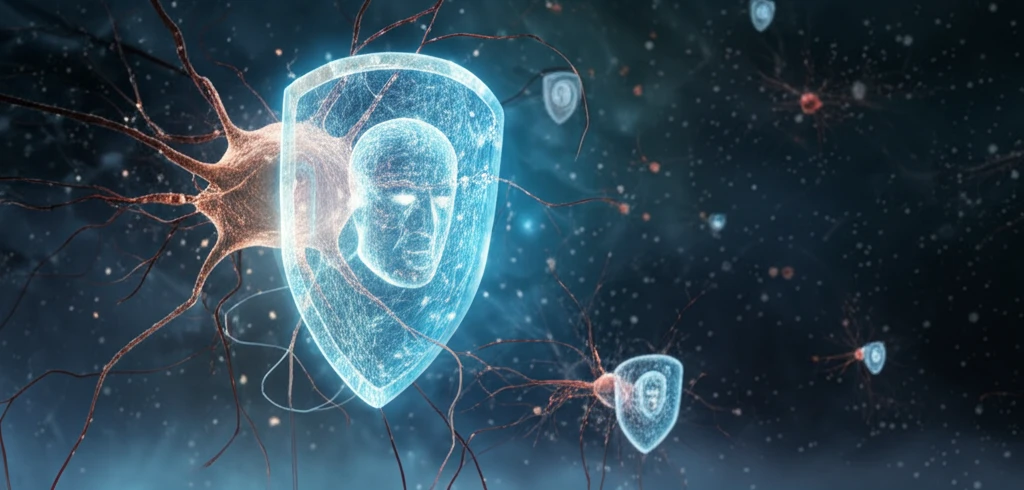
Unlocking the Brain's Defenders: How Microglia Hold the Key to Neurological Health
"Delve into the fascinating world of microglia, the brain's dedicated immune cells, and discover their crucial roles in maintaining brain health, fighting disease, and offering new therapeutic avenues."
The human brain, a universe contained within the skull, relies on a complex network of cells working in harmony. Among these are microglia, the central nervous system's (CNS) equivalent of macrophages – specialized immune cells tasked with surveillance, maintenance, and defense. Once viewed as passive bystanders, microglia are now recognized as dynamic and multifaceted players in both brain health and disease.
Microglia are constantly monitoring their environment, ready to respond to any disturbance, from infections and injuries to the subtle signs of neuronal distress. Their activation triggers a cascade of reactive measures, allowing them to share features with macrophages, including the ability to express receptors, communicate with other cells, and clear debris. Yet, these versatile cells also possess unique characteristics tailored to the delicate neural environment.
This article explores the fascinating world of microglia, shedding light on their diverse roles in the healthy and diseased brain. We'll delve into their functions, how they contribute to neurological disorders, and the exciting potential they hold as targets for new diagnostic and therapeutic interventions. By understanding these intricate cells, we can unlock new avenues for promoting brain health and combating debilitating neurological conditions.
Microglia 101: Guardians of the Neural Galaxy

Imagine a construction crew constantly inspecting and repairing a vast and intricate city. That's essentially what microglia do in the brain. They patrol the neural landscape, removing damaged cells and debris, maintaining synaptic connections, and ensuring the overall health of the tissue. Their ability to rapidly respond to threats and adapt their behavior makes them essential for maintaining the delicate balance of the CNS.
- Surveillance: Microglia continuously scan their surroundings, monitoring the health and activity of neurons and other glial cells. They use specialized receptors to detect subtle changes in the environment, such as the presence of pathogens, damaged cells, or inflammatory signals.
- Maintenance: Microglia play a vital role in maintaining the structural integrity of the brain. They remove debris, prune unnecessary synapses, and support the formation of new connections.
- Protection: When a threat is detected, microglia activate and initiate a variety of defense mechanisms. This includes releasing inflammatory mediators, engulfing pathogens and cellular debris, and recruiting other immune cells to the site of injury.
- Restoration: Following an injury or infection, microglia contribute to the repair process. They secrete growth factors and other molecules that promote tissue regeneration and help restore normal brain function.
Harnessing the Power of Microglia: A Promising Future for Brain Health
As our understanding of microglia deepens, so does the potential for developing new diagnostic and therapeutic strategies for neurological disorders. By targeting these cells, researchers hope to develop treatments that can modulate the inflammatory response, promote tissue repair, and ultimately slow down or even prevent the progression of neurodegenerative diseases. Though challenges remain, the future of brain health may very well depend on unlocking the secrets of these remarkable cells.
